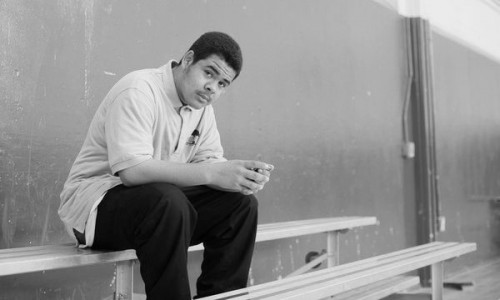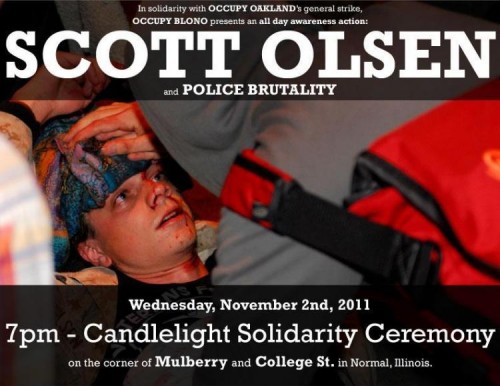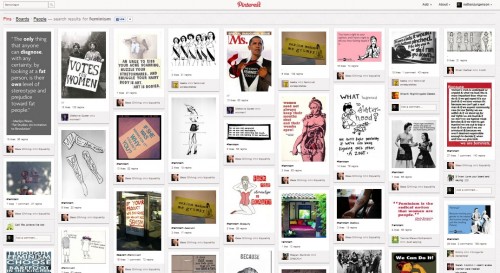Photos by Nathan Jurgenson, taken in Washington, D.C., 17, January 2012.
 Malcolm Harris has posted one of the most provocative things I’ve ever read about social media, “Twitterland.” I’d like to point you the story and go through some of the many issues he brings to light. Harris’ story is one of theorizing Twitter and power; it can reinforce existing power imbalances, but, as is the focus here, how it can also be used to upset them.
Malcolm Harris has posted one of the most provocative things I’ve ever read about social media, “Twitterland.” I’d like to point you the story and go through some of the many issues he brings to light. Harris’ story is one of theorizing Twitter and power; it can reinforce existing power imbalances, but, as is the focus here, how it can also be used to upset them.
Digital Dualism
Harris begins by taking on the idea that Twitter is a “tool” or an “instrument”, arguing that, no, Twitter is not a map, but the territory; not the flier but the city itself; hence the title “Twitterland.” However, in nearly the same breath, Harris states he wants to “buck that trend” of “the faulty digital-dualist frame the separates ‘real’ and online life.” As most readers here know, I coined the term digital dualism and provided the definition on this blog and thus have some vested interest in how it is deployed. And Harris’ analysis that follows indeed bucks the dualist trend, even though I would ask for some restating of the more theoretical parts of his argument. I’d like to urge Harris not to claim that Twitter is a new city, but instead focus on how Twitter has become part of the city-fabric of reality itself. more...






 To the questions posed in the title of the panel “Whose Knowledge? Whose Web?”, the answer has too often, and too simplistically, been “everyone’s.” Among Web 2.0’s most strident enthusiasts, the rise of user-generated content is heralded as the reclaiming of knowledge production from entrenched institutions, allowing a brave new world of pluralist democracy to find expression online. These digital evangelists speak of the emancipatory promise of the Internet in language usually reserved for that of markets. In both cases, the prescription is the same: progress is a matter of access. Hence, the “digital divide” has become a discussion about disparities in connectivity rather than one about the expressions and reproductions of social inequalities online.
To the questions posed in the title of the panel “Whose Knowledge? Whose Web?”, the answer has too often, and too simplistically, been “everyone’s.” Among Web 2.0’s most strident enthusiasts, the rise of user-generated content is heralded as the reclaiming of knowledge production from entrenched institutions, allowing a brave new world of pluralist democracy to find expression online. These digital evangelists speak of the emancipatory promise of the Internet in language usually reserved for that of markets. In both cases, the prescription is the same: progress is a matter of access. Hence, the “digital divide” has become a discussion about disparities in connectivity rather than one about the expressions and reproductions of social inequalities online.

